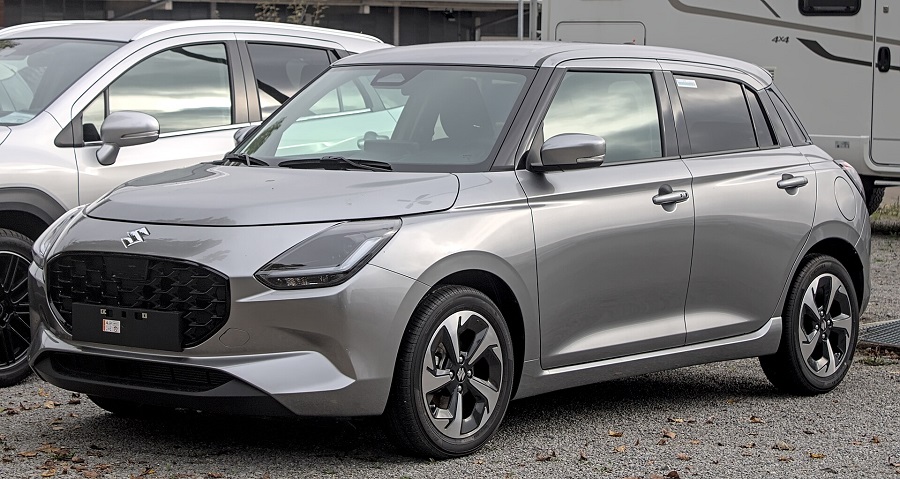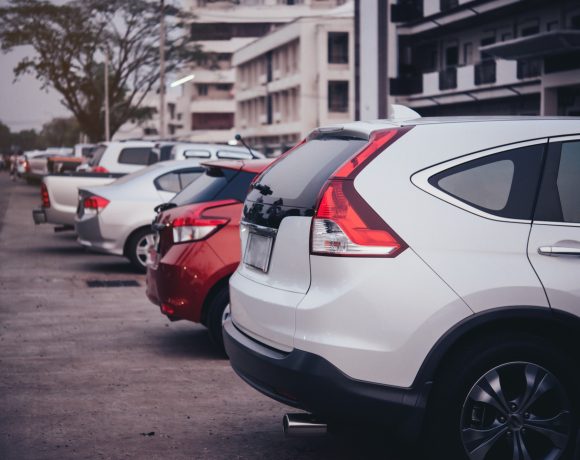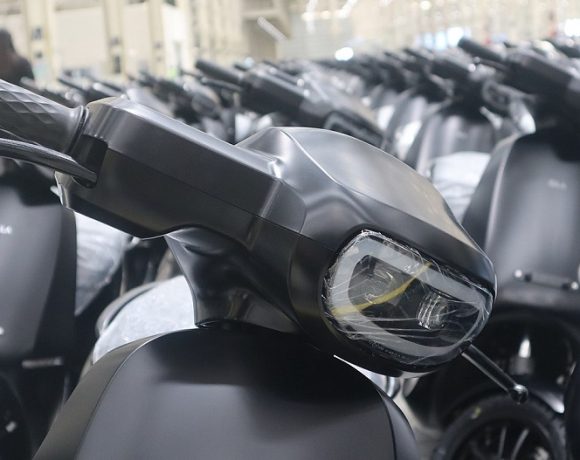
Suzuki Halts Swift Production Amid China’s Rare Earth Curbs
Suzuki Motor Corporation has temporarily halted production of its widely sold Swift hatchback at its Sagara plant in Japan, excluding the Swift Sport variant. The decision, implemented on May 26, stems from a shortage of key components following China’s recent export restrictions on rare earth elements.
The company expects to resume partial production by June 13 and reach full operational status after June 16. This production suspension highlights how deeply modern automotive manufacturing depends on stable supplies of advanced materials, especially rare earth-based components used in electronics and motors.
Suzuki’s Swift model, a global bestseller in the compact segment, has been central to the brand’s strategy across multiple markets. The interruption signals the vulnerability even top manufacturers face amid shifting geopolitical and trade dynamics.
Rare Earth Export Restrictions
China’s move to restrict exports of certain rare earths—critical materials like neodymium, dysprosium, and terbium—has sent shockwaves through global industries reliant on them. These elements are essential for producing electric motors, high-efficiency magnets, sensors, and a variety of automotive components.
Citing national security concerns, China’s export controls have disrupted component manufacturing, directly affecting vehicle assembly lines across Asia, Europe, and the United States. China supplies nearly 90% of the world’s processed rare earth elements, giving it significant leverage in global supply chains.
The policy change has not only impacted automakers but also spurred broader conversations among governments and industry leaders about reducing dependency on a single source.
Global Auto Industry Impact
The ripple effects are being felt globally. Automakers in the U.S. and Europe have already begun scaling back production due to a lack of critical parts. Companies are warning of more widespread disruptions if alternatives are not secured soon.
Indian manufacturers, including Maruti Suzuki, are closely monitoring the situation. Although there is no immediate domestic production halt, contingency plans are being considered. The Indian government is reportedly exploring ways to ramp up domestic output of rare earth-based components and incentivize local manufacturing capacity.
These disruptions arrive at a time when the global auto industry is already grappling with post-pandemic recovery and electric vehicle transition challenges. The shortage of rare earths adds another layer of complexity to an already fragile supply chain ecosystem.


















